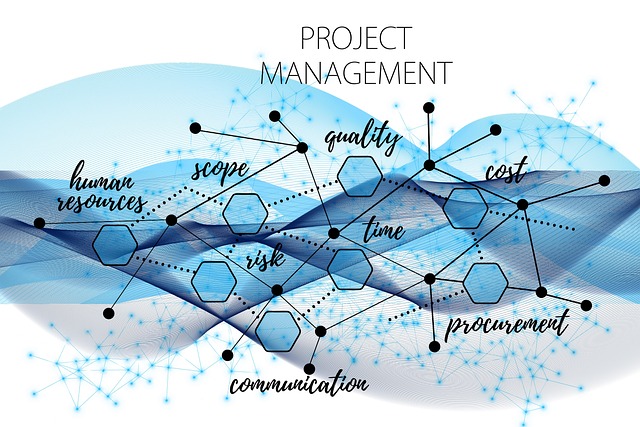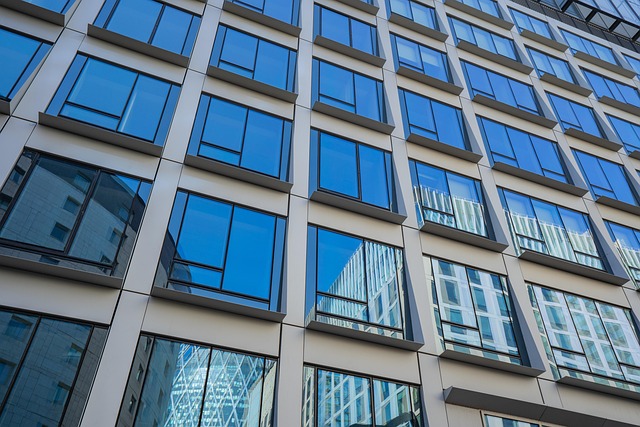Real estate leases define rights and responsibilities between landlords and tenants, with key terms including security deposits and maintenance duties. Strategic improvements like modern amenities and smart home tech maximize property value and tenant appeal, while efficient lease management using digital tools streamlines processes for both parties, enhancing communication and trust.
In the dynamic realm of real estate, effectively managing tenant leases and improvements is paramount for maximizing property value. This comprehensive guide navigates the intricate aspects of leasing, delving into key terms and conditions that underpin successful tenant relationships. We explore strategic improvements that enhance property allure, coupled with efficient lease management practices designed to streamline tenancy experiences. By implementing these insights, real estate professionals can foster thriving environments while unlocking greater market potential.
Understanding Tenant Leases: Key Terms and Conditions

In the real estate sector, tenant leases are fundamental legal agreements that define the rights and responsibilities between landlords and tenants. Understanding key terms and conditions within these contracts is essential for both parties. Landlords must be aware of their obligations to provide a safe and habitable space while also considering improvements that add value to the property. Tenants, on the other hand, should comprehend their rental terms, including rent amounts, duration of stay, and maintenance responsibilities.
Key lease terms cover aspects like security deposits, which safeguard against potential damages or unpaid rent. It’s crucial for tenants to know these funds are typically held in escrow and can be claimed under specific conditions. Regular communication between landlords and tenants is vital to ensure all expectations regarding property improvements and tenant rights are met, fostering a harmonious rental experience.
Strategic Improvements: Enhancing Property Value

In real estate, strategic improvements play a pivotal role in enhancing property value and attracting potential tenants. Investing in well-planned upgrades can significantly increase the desirability and market competitiveness of a rental asset. This may include modernizing amenities, renovating common areas, or installing state-of-the-art systems to meet the evolving needs of today’s tenants. For instance, adding smart home technology, energy-efficient appliances, or upgrading outdated fixtures not only improves comfort but also positions the property as contemporary and well-maintained.
By focusing on strategic improvements, landlords can create a positive first impression and differentiate their properties from competitors. These enhancements not only drive up tenant interest but also command higher rental rates. Furthermore, regular updates ensure that the real estate asset remains appealing, potentially reducing vacancy rates and increasing long-term profitability for both landlords and tenants.
Efficient Lease Management: Streamlining Tenancy Experience

Efficient lease management is a cornerstone in real estate, ensuring a streamlined tenancy experience for both property owners and tenants. By implementing digital solutions, landlords can automate tasks such as lease generation, rent collection, and communication with tenants. This reduces paperwork, minimizes errors, and speeds up the overall process.
A well-managed lease system allows property managers to track key metrics, monitor tenant satisfaction, and anticipate maintenance needs. It also empowers tenants with easy access to their lease agreements, rent payment history, and communication channels. Such transparency fosters trust and strengthens the landlord-tenant relationship, contributing to a healthier real estate market.






